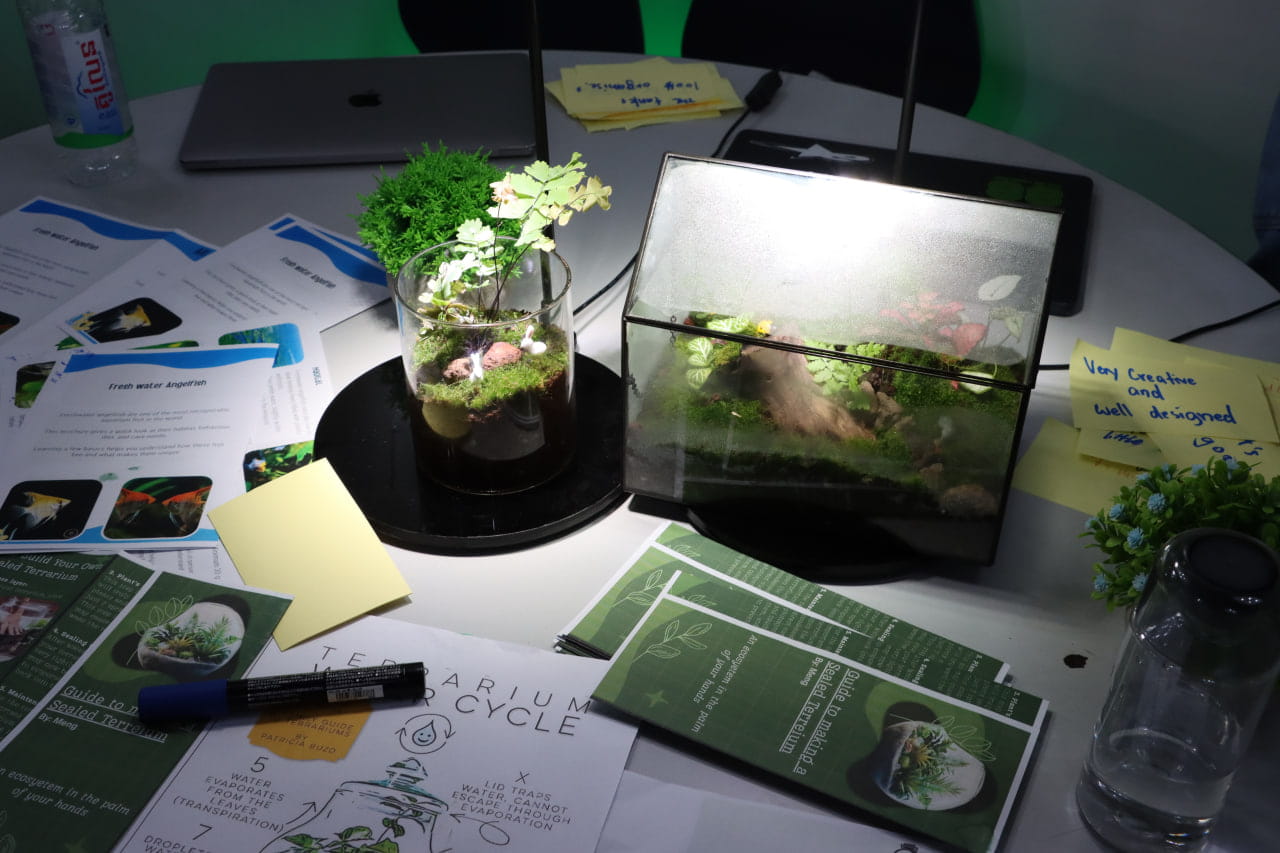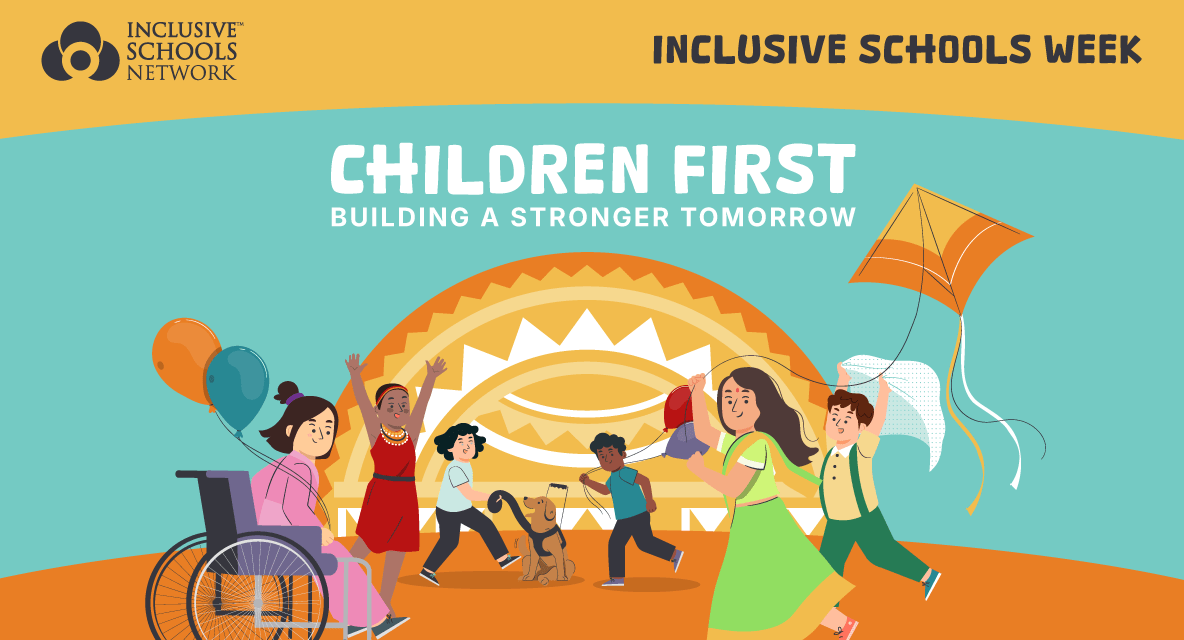Sometimes, as parents, we wonder if our children’s behaviour is ‘normal’ or a cause for concern. It can be helpful to know what to expect at different points in our children’s development journey so that we are prepared with the resources they need. If we understand the challenges our kids are facing as they work towards their developmental goals and milestones, we may feel less anxious and we can provide them with more of the tools and support that they may need.
Here is a quick overview of the major developmental stages that our children go through, as well as the difficult behaviours that may accompany them. Please keep in mind that this is a general guide, though, and your child may move through the stages quicker or slower than their peers.
Early Years (up to age 5) children may:
- Develop sudden fears/phobias.
- Flip between wanting to be independent and wanting to be treated like a little person.
- Misunderstand sharing, and often assert ownership (“Mine!”).
- Become anxious about being away from their parent or caregiver.
- Be afraid of failure, losing, criticism or ‘spooky’ things like ghosts or monsters.
How to support Early Years children:
- Encourage participation in group or team activities so that they can practice social skills like turn-taking and sharing.
- Set aside time each day to play with your child, or spend one-on-one time together.
- Start to expand your child’s emotional vocabulary by naming and discussing feelings.
Primary School (up to age 10/11) children may:
- Start complaining/being ‘dramatic’ about parents, rules, school, friends.
- Start thinking in absolutes rather than nuances (‘black or white’, right or wrong, good or bad).
- Start pulling away from family and focusing more on friends.
How to support Primary children:
- Don’t be drawn into the dramatics; instead, listen and validate what they’re feeling without needing to fix their problems.
- Discuss how they might like to solve things, giving them space to brainstorm ideas of their own.
- Avoid arguing; instead, ask them to explain their point of view, and encourage them to see different perspectives.
- Continue spending lots of time together to prepare for the detachment coming in adolescence.
Adolescent/teenaged children may:
- View friends as more important than family.
- Feel very anxious about what their peers think of them (peaking around age 13 for girls, 15 for boys).
- Become more argumentative and push against you more.
- Become emotionally distant and less communicative.
- Experience a change in their sleep cycle, moving them about 3 hours past where their body clock sat as a child. They will still need 9-10 hours of sleep each night.
How to support adolescents/teens:
- Don’t take it personally – it’s developmentally appropriate for teens to pull back from their parents so that they can practice developing their sense of personal identity.
- Don’t be judgmental or critical. Give them information, but avoid lecturing them.
- Ensure they have other adult role models in their life that you know and trust.
- Build your own tribe of supportive people who can help you through these challenging years.
For more information about developmental ages and stages, please check out these resources:
Ages and Stages of Child Development (verywellfamily.com)
Child Development: Milestones, Ages and Stages - Children's Health Orange County (choc.org)







